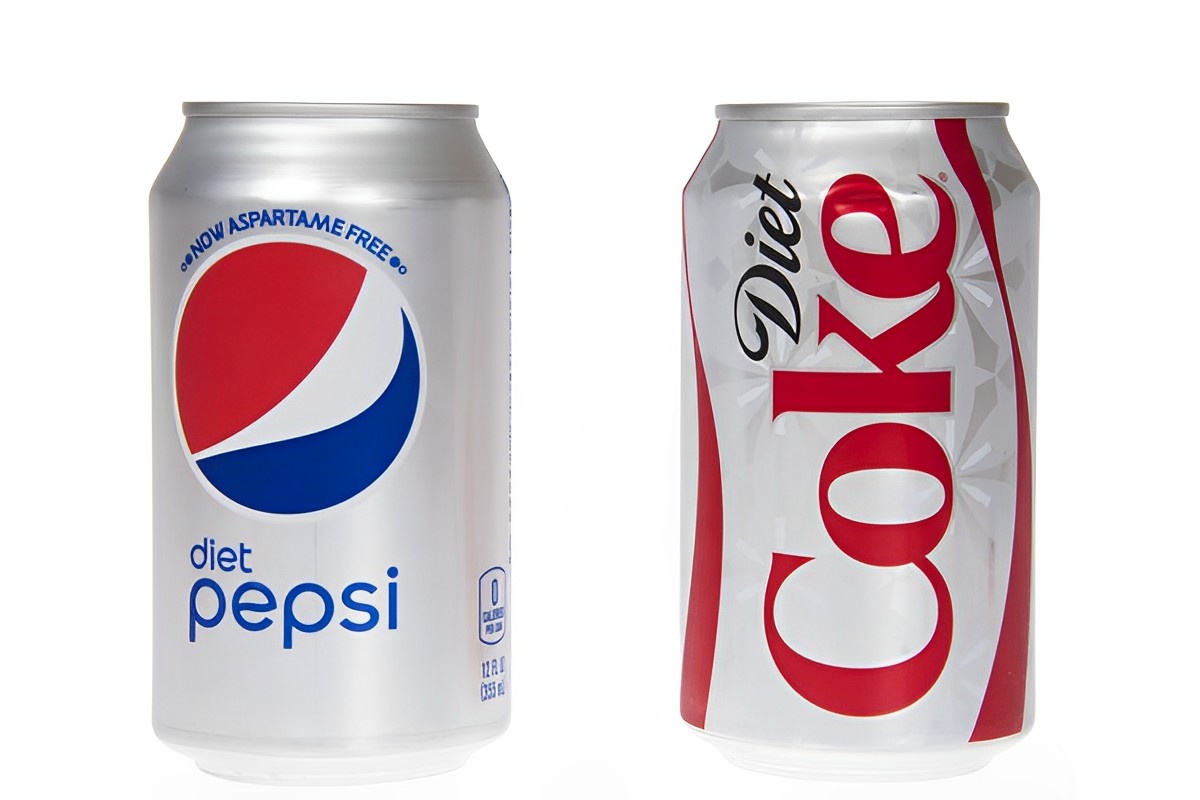Considering aspartame & sugar-free drinks like diet coke/pepsi’s reclassification to Group 2B (possible carcinogens), here are my thoughts:
1. This classification includes commonly used substances like pickled vegetables and are not related to category 1 that includes smoke, alcohol, and other known carcinogens, or type 2A (e.g. red meat, ultraviolet light).
2. Not all authorities have agreed on changing the classification, as the scientific evidence on which this change was built is still weak. The World Health Organization relied on the recommendations of the International Agency for Research on Cancer (IARC), which was contradicted by the Food and Agriculture Organization (FAO) and the Joint Expert Committee on Food Additives (JECFA), which did not recommend this amendment.
3. The scientific evidence on which this decision is based is very weak and goes back to some animal studies and a recent study that showed that the probability of getting cancer increases by 2 per 1000 among people who consume sugar-free drinks, which is a negligible increase that can simply be explained by other factors such as obesity (residual confounders), where the consumption of these drinks is more common.
4. Obesity is a major cause of cancer, and therefore any method of combating obesity, including sugar-free drinks, is valuable in combating cancer, not to mention the other harmful effects related to consuming sugar-saturated drinks.
5. It seems that the scientifically acceptable level of aspartame is 40 mg/kg, which is an average of 9-14 cans of soft drinks per day.
6. Soft drinks in general have other harmful effects, especially on bone and dental health.
Links
sciencedirect.com/science/articl
journals.plos.org/plosmedicine/a
Source: Dr. Iyad Sultan/Twitter


